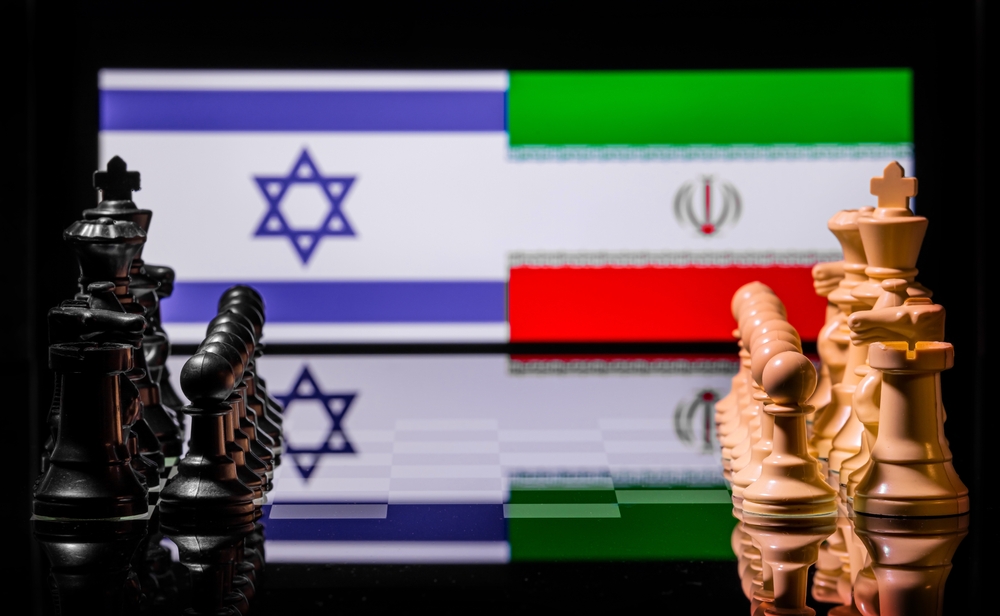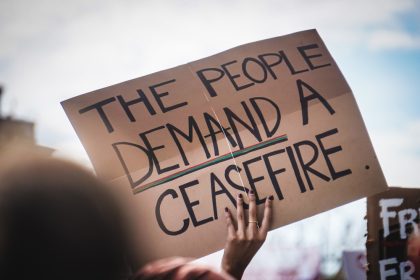President Donald Trump issued a sharp warning to Israel on Tuesday, urging the nation to halt further attacks on Iran just hours after announcing a cease-fire between the two countries had taken effect. The fragile agreement quickly unraveled as both sides accused each other of violations, raising questions about the durability of any diplomatic solution.
The president used strong language to criticize both nations after Israel claimed Iran had broken the truce and vowed to respond with powerful military strikes. Iran denied launching any missiles toward Israeli territory and pledged to respond decisively to any further Israeli aggression.
Cease-fire agreement falls apart quickly
Trump first announced the cease-fire had taken effect at 5 AM GMT on Tuesday, posting on his Truth Social with an urgent plea for both sides not to violate the agreement. The Israeli government formally accepted the US-brokered proposal an hour later, after Iran indicated it would cease attacks if Israel did the same.
However, within hours of the announcement, Israel accused Iran of launching additional attacks on its territory. The rapid deterioration of the agreement highlighted the deep mistrust between the two nations and the challenges facing any sustained peace effort in the region.
The cease-fire emerged after Iran launched missiles at a US base in Qatar on Monday, which Tehran described as retaliation for American strikes against Iranian nuclear facilities over the weekend.
Presidential frustration boils over
Speaking to reporters outside the White House, Trump expressed clear displeasure with Israel’s response to the cease-fire violations. He referenced a single rocket that was reportedly fired after the agreed deadline, which prompted Israeli military action.
The president called on both countries to exercise restraint, suggesting that neither side fully understood the consequences of their actions. His comments reflected growing American frustration with the cycle of retaliation that has characterized the conflict since it began on June 13, 2024.
Military actions continue despite agreement
Two hours after Israel agreed to the truce, the Israel Defense Forces reported detecting missiles launched from Iranian territory. Israeli officials accused Iran of completely violating the cease-fire terms and instructed the military to continue intensive operations against Tehran, Iran, targeting regime facilities and terrorist infrastructure.
Iran’s military firmly denied firing missiles after the cease-fire took effect. However, the Islamic Revolutionary Guard Corps later acknowledged striking Israeli military and logistical centers in what it described as final moments before the cease-fire was imposed.
Iranian state media reported that Israel launched a three-phase military strike on Iranian territory following the cease-fire announcement, prompting Iran’s Supreme National Security Council to warn of decisive and timely responses to any Israeli attacks.
Casualties mount on both sides
The conflict has taken a significant human toll since hostilities began. Iranian health ministry officials reported 610 deaths and 4,746 injuries from Israeli strikes since June 13, 2024. Israel’s health ministry confirmed four deaths on Tuesday, bringing the Israeli death toll to 28 since the conflict started.
Before the truce began, both nations exchanged heavy fire. Israeli strikes hit several locations on Monday night, with rescue workers reporting four deaths and 22 injuries in the town of Beersheba. Iranian state television described intense air defense clashes over Tehran, with residents reporting loud explosions throughout the night.
Nuclear concerns drive escalation
The current crisis stems from Israeli attacks on Iranian nuclear and military sites on June 13, 2024, based on Israeli claims that Iran was approaching nuclear weapons capability. Israel justified the strikes by citing stalled diplomatic talks aimed at curbing Iran’s nuclear program.
International concern has grown over Iran’s increased production of enriched uranium, a key component in nuclear weapons manufacturing. The UN nuclear watchdog reported last month that Iran had enriched over 400 kilograms (880 pounds) of uranium to 60% purity, well above civilian use levels.
US officials believe the joint strikes against Iranian nuclear sites have significantly delayed Tehran’s potential weapons development timeline, though Iran maintains its nuclear program serves entirely peaceful, civilian purposes.
















